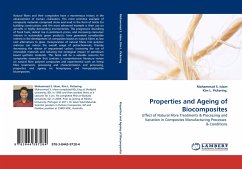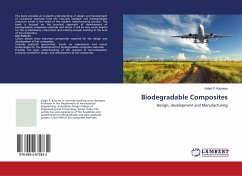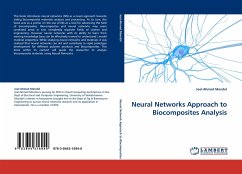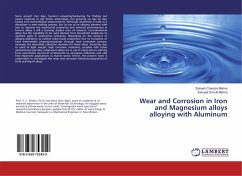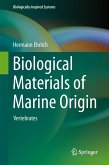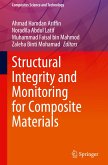Natural fibers and their composites have a momentous history in the advancement of human civilization. The most primitive example of composite materials comprised straw and mud in the form of bricks for building constructions and the most advanced example is their use on aircrafts in highly demanding environments. The progressive dwindling of fossil fuels, radical rise in petroleum prices, and increasing consumer interest in sustainable green products- have generated considerable interest in the development of composites based on natural fibres as low cost alternatives to glass. Incorporation of natural fibres into polymer matrices can reduce the overall usage of petrochemicals, thereby decreasing the release of sequestered carbon; increasing the use of renewable materials and reducing the ecological impact of petroleum based synthetic materials. This book will be a valuable resource for composites researcher that contains a comprehensive literature review on natural fibre polymer composites and experimental work on hemp fibre treatments, processing and characterization and processing, properties and ageing on hemp/epoxy and hemp/polylactide bicomposites.
Bitte wählen Sie Ihr Anliegen aus.
Rechnungen
Retourenschein anfordern
Bestellstatus
Storno

